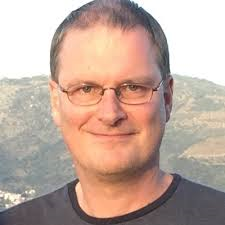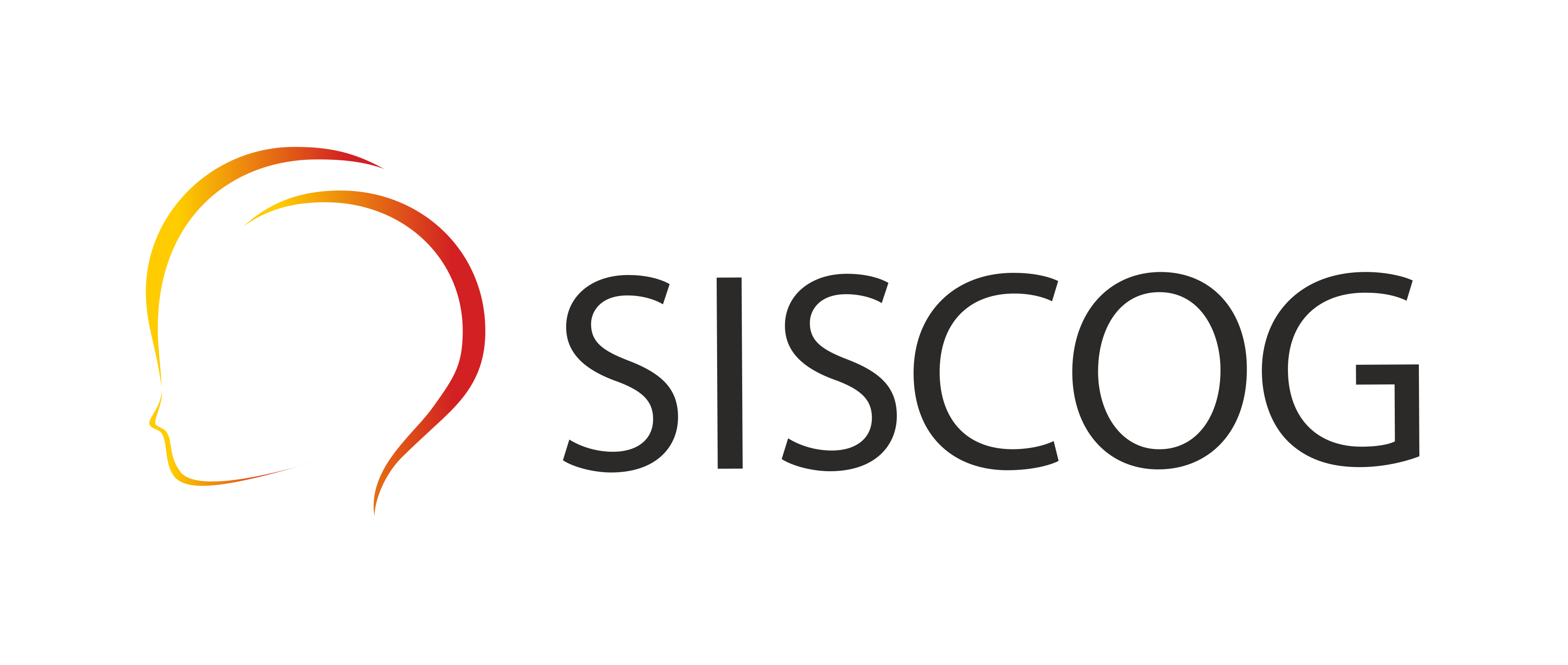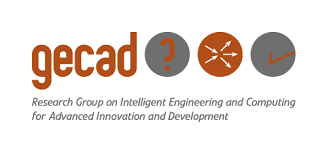Marco Dorigo | Michael Wooldridge | Albert Bifet
Keynotes Speakers
Marco Dorigo
Université Libre de Bruxelles, Belgium
Marco Dorigo received his PhD in electronic engineering in 1992 from Politecnico di Milano. From 1992 to 1993, he was a research fellow at the International Computer Science Institute, Berkeley, CA. Since 1993, he is at Université Libre de Bruxelles (ULB) where in 1996 became a tenured researcher of the F.R.S.-FNRS, the Belgian National Funds for Scientific Research. Between June 2011 and December 2014 he was a full professor of computer science at Paderborn University, Germany. He is now co-director of IRIDIA, the artificial intelligence laboratory of the ULB. He is the Editor-in-Chief of Swarm Intelligence, and associate editor or member of the editorial board of many journals on computational intelligence and adaptive systems. Dr. Dorigo is a Fellow of AAAI, EurAI and IEEE. He was awarded the Italian Prize for Artificial Intelligence in 1996, the Marie Curie Excellence Award in 2003, the F.R.S.-FNRS Quinquennial award in applied sciences in 2005, the Cajastur International Prize for Soft Computing in 2007, an ERC Advanced Grant in 2010, the IEEE Frank Rosenblatt Award in 2015, and the IEEE Evolutionary Computation Pioneer Award, in 2016.
Title: Swarm robotics: recent results and new research directions
Date: Wednesday, 4th of September
Abstract: Swarm robotics is about designing, constructing and controlling swarms of autonomous robots that cooperate to perform tasks that go beyond the capabilities of the single robots in the swarm. In this talk, I will give an overview of research in swarm robotics in my research lab, IRIDIA, at the Université Libre de Bruxelles. I will first present results obtained with homogeneous and heterogeneous swarms of robots that cooperate both physically and logically to perform a number of different tasks. I will then conclude by discussing some very promising ongoing research on collective decision making and on the self-organised formation of hierarchical control structures in a robot swarm.

University of Oxford, England
Michael Wooldridge is a Professor of Computer Science and Head of Department of Computer Science at the University of Oxford. He has been an AI researcher for more than 25 years, and has published more than 400 scientific articles on the subject. He is a Fellow of the Association for Computing Machinery (ACM), the Association for the Advancement of AI (AAAI), and the European Association for AI (EurAI). From 2014-16, he was President of the European Association for AI, and from 2015-17 he was President of the International Joint Conference on AI (IJCAI).
Title: Understanding Equilibrium Properties of Multi-Agent Systems
Date: Thursday, 5th of September
Abstract: Over a twenty minute period on the afternoon 6 May 2010, the Dow Jones industrial average collapsed, at one point wiping a trillion dollars off the value of the US markets. Remarkably, the market recovered in a similarly short period of time, to nearly its position before the collapse. While the precise causes of the so-called "Flash Crash" are complex and controversial, the Flash Crash was only possible because modern international markets are multi-agent systems, in which high frequency trading agents autonomously buy and sell on timescales that are so small that they are far beyond human comprehension or control. There is no reason to believe that the 2010 Flash Crash was an isolated event: and the next one could be even bigger, with potentially devastating global consequences. The 2010 Flash Crash provides a stark illustration of something we have long known: that systems composed of large numbers of multiple interacting components can be subject to rapid, unpredictable swings in behaviour. We urgently need to develop the theory and tools to understand such multi-agent system dynamics.
In this talk, I will present two very different approaches to this problem.
The first views a multi-agent system as a game, in the sense of game theory, with decision-makers interacting strategically in pursuit of their goals. I describe a model we have developed in which players in such a game act in pursuit of temporal logic goals. In such a setting, the key decision problems relate to the properties of a system that hold under the assumption that players choose strategies in (Nash) equilibrium. I conclude by describing a tool, developed by DPhil student Muhammed Najib, through which we can automatically analyse the properties of such equilibria.
The second approach takes a very different approach, in which we use agent-based financial models, involving very large numbers of agents, to understand specifically the factors that can contribute to Flash Crash events, and in particular the phenomenon of "contagion", where stress on one asset leads to other assets being stressed.

Telecom ParisTech, France
Albert Bifet is Professor at Telecom ParisTech, Head of the Data, Intelligence and Graphs (DIG) Group, and Honorary Research Associate at the WEKA Machine Learning Group at University of Waikato. Previously he worked at Huawei Noah's Ark Lab in Hong Kong, Yahoo Labs in Barcelona, University of Waikato and UPC BarcelonaTech. He is the co-author of a book on Machine Learning from Data Streams. He is one of the leaders of MOA and Apache SAMOA software environments for implementing algorithms and running experiments for online learning from evolving data streams. He was serving as Co-Chair of the Industrial track of IEEE MDM 2016, ECML PKDD 2015, and as Co-Chair of BigMine (2018-2012), and ACM SAC Data Streams Track (2019-2012).
Title: Machine Learning for Data Streams
Date: Friday, 6th of September
Abstract: Big Data and the Internet of Things (IoT) have the potential to fundamentally shift the way we interact with our surroundings. The challenge of deriving insights from the Internet of Things (IoT) has been recognized as one of the most exciting and key opportunities for both academia and industry. Advanced analysis of big data streams from sensors and devices is bound to become a key area of data mining research as the number of applications requiring such processing increases. Dealing with the evolution over time of such data streams, i.e., with concepts that drift or change completely, is one of the core issues in stream mining. In this talk, I will present an overview of data stream mining, and I will introduce some popular open source tools for data stream mining.



















